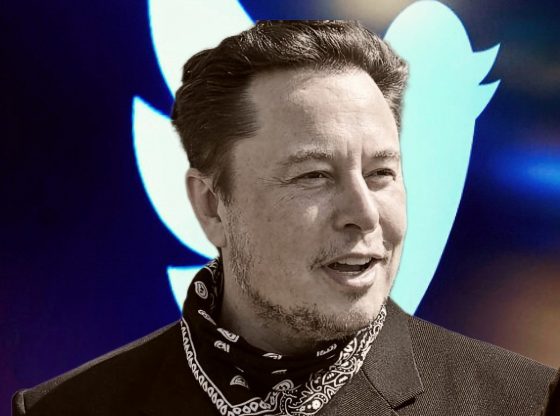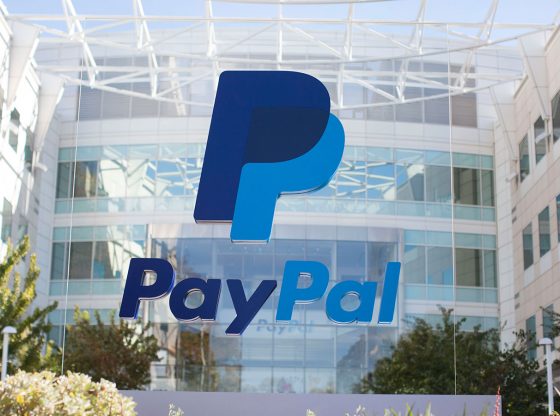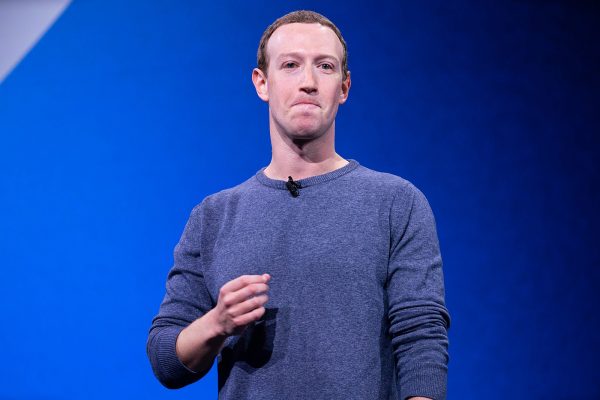Google and Facebook particularly are looking like they’re heading in a bad direction, and Twitter is looking like it’ll survive for at least a while longer, however, Tik Tok’s future may come to a sudden halt.
Google, one of the largest companies in the world, with a global market share of over 90% in the search engine market, has the potential of being killed off. Their search engine market, which has been heavily criticized for censoring right-wing websites, has already seen DuckDuckGo take a piece out of their market share of the search engine market. However, emerging technology such as Artificial Intelligence (AI) ChatGPT may be the kill shot to Google.
Don’t understand ChatGPT, don’t worry, it’s simple. Google provides you the place to search for the answer you need through a list of links. ChatGPT, however, simply tells you the answer to almost any question you ask it. While Google’s search engine will still have a role in the tech marketplace, ChatGPT may take off a large portion Google’s current role in the tech marketplace.
According to Axios, Facebook, now Meta, doubled down on a 3D metaverse future and restructured its news feed to be more like TikTok.
Twitter sold itself to Elon Musk. As he fired more than half the company’s staff, many users held premature death vigils for a service they feared would abruptly crash — but Twitter’s end is more likely to come via a long, slow decline.
The tech company at appeared to be possibly the most secure of them all, TikTok, may face a sudden death due to a bill introduced by Republicans in the House of Represetatives, which seeks to ban TikTok from operating in the United States due to it’s potential to contain spyware and the companies connections to the CCP.
BREAKING: Republicans have introduced legislation to ban TikTok from operating in the U.S. pic.twitter.com/xUKcb1G1o3
— Daily Wire (@realDailyWire) December 13, 2022
The role of big tech companies in censorship has become a political issue in recent years, with some politicians calling for greater regulation of these companies to prevent them from censoring content without justification. Others argue that such regulation would infringe on the freedom of these companies to manage their platforms as they see fit. Tech companies have strangely considered themselves to be the arbiters and moderators of Western politics and Western culture for almost a decade. Since 2016, with the rise of then-Presidental candidate Donald Trump’s rise to political stardom where he cleverly used social media to keep the spotlight on himself, many started to cast blame on not only Donald Trump and the American voter, but also on social media companies because they “allowed” this to occur.
In 2016, Twitter and other tech giants would not even think about banning a Presidental candidate from the use of their site, however, in 2020 that all changed. When you consider the COVID-19 pandemic response, another Presidental election that could be very similar to 2016, and civil unrest due to Black Lives Matter (BLM) riots, it becomes clear that social media companies certainly had to take a political side if they intended to remain to censor their users. Of course, all social media companies would eventually fall in line with the Democratic party, and they’d support BLM riots, ANTIFA, COVID-19 lockdowns, and a Presidental candidate who’s obviously senile and refused to leave his basement.
Google, Facebook, and Twitter, have been censoring or suppressing content that they consider to be inappropriate or harmful, and in recent years, this has been growing in frequency. These companies have come under scrutiny for their perceived heavy-handedness in censoring certain types of content, with some accusing them of stifling free speech and others defending their actions as necessary to maintain a safe and civil online environment. Twitter is likely to stop being nearly as censorship-happy with new Twitter CEO Elon Musk, who has stated multiple times that Republicans have been censored on the platform and he wants to put an end to that as well as bring back many banned accounts. However, it’s still up for debate whether Meta, Google, and other tech giants will follow in Twitter’s steps and stop censoring










Musk take over of Twitter dealt a blow to Big Tech
Have to see how this plays out
Good riddance to bad rubbish.